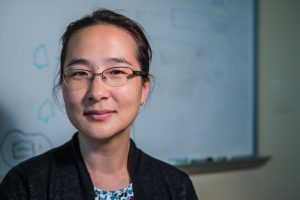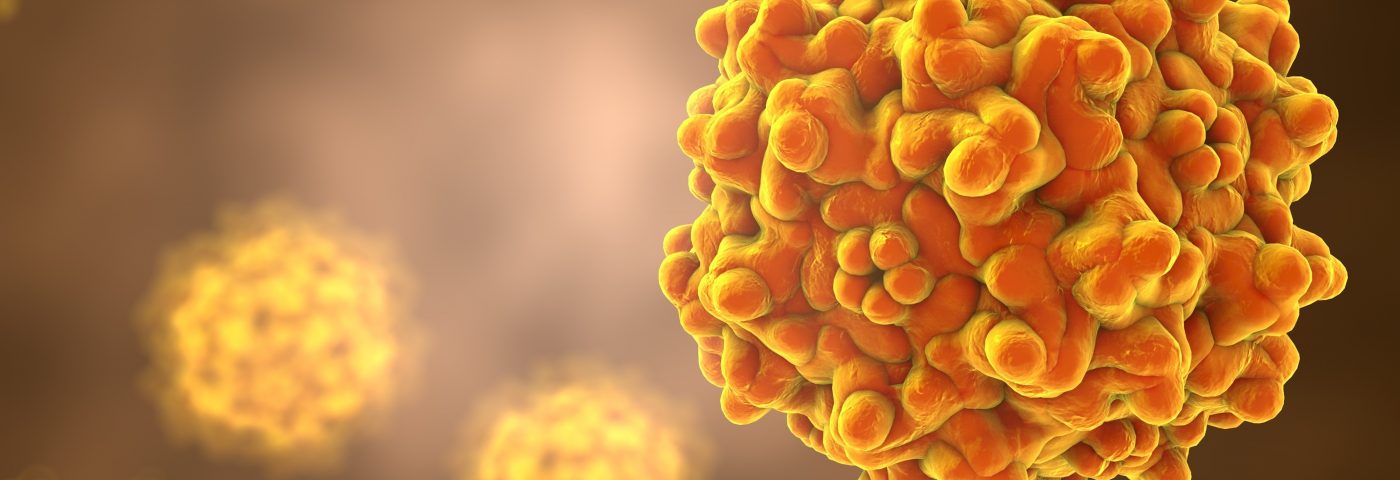The National Institutes of Health (NIH) has awarded an R01 grant to Junghae Suh, a Rice University researcher, to investigate the use of viral gene therapy to fight ovarian cancer (OC).

Suh is a bioengineer in the field of gene therapy and a 2016 winner of the Outstanding New Investigator Award from the American Society of Gene and Cell Therapy.
The five-year grant is worth $1.8 million and will fund collaborative research between Suh’s lab and Dr. Anil Sood, a University of Texas MD Anderson Cancer Center surgeon specialist and researcher in ovarian cancer. The team will work to otherwise-harmless adeno-associated viruses (AAVs) to identify extracellular enzymes that are over-expressed by ovarian tumors and deliver therapeutic genes to diseased cells.
“Proteases are expressed in normal tissue remodeling, but if you cut open and look at tumor tissue, you find them in highly elevated levels. Proteases are enzymes that chew up proteins. In cancer, they help tumors grow, migrate and metastasize to other sites in the body,” Suh said in a press release. “We’re going after them as a target biomarker to activate our viruses.
“Our viruses are designed to be locked in the inactive state. They need to be opened by the proteases present at tumor sites. Once the viruses are unlocked, they become very sticky. They stick to the tumor cells and get internalized, which allows them to deliver toxic payloads to kill the cells.”
In other words, the viruses can be changed to recognize over-expressed levels of proteases while ignoring their normal expression to protect healthy cells. She anticipates that AAVs can target both primary tumors and metastases, and, eventually, prove to be able to treat ovarian cancers and associated metastasis.
“We can control which proteases and at what concentrations they activate the virus, so we can readily modify the virus for the treatment of other diseases,” she said.
Suh and Sood started working together in 2009. “He had the clinical expertise, and I had the virus engineering background, so we decided to try it,” Suh said. “At that point, we had very few expectations and it was a high-risk idea. Since then we’ve had a number of small grants to feed the project, including funding from the Cancer Prevention and Research Institute of Texas. It took us many years to get enough preclinical data, but we now finally have the evidence that our concept works.”
The grant will be administered by the National Cancer Institute.

